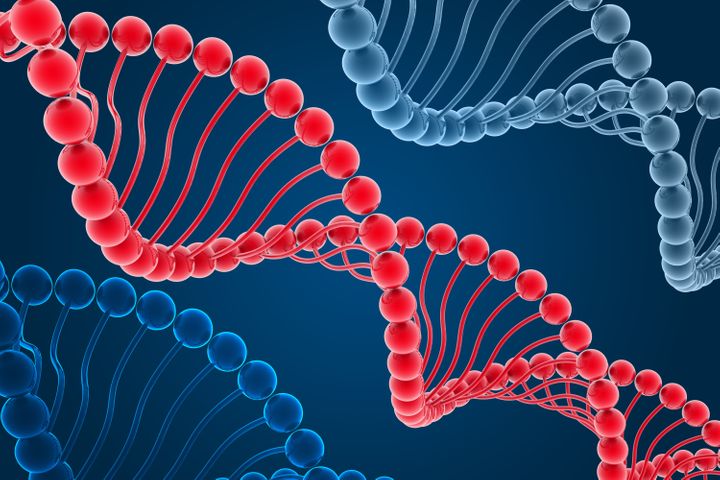Is Inequality in Our Genes?

A forthcoming article by two economists says it is. These economists tell us that relative genetic diversity is a major factor impacting societies’ development and economic success. But their association between human genetic diversity, history, and economic development and success is superficial and built on a framework of poor assumptions and mistaken interpretations of what we know about human genomic variation and what it means. A whole group of Harvard faculty takes the authors to task for just these issues. Economic success is not in our DNA.
However, when looking around the USA one cannot help but notice that the top 1 % of USA citizens control nearly 35% of the country’s wealth and 22% of American children live in poverty. In the heat of the presidential race President Obama calls income inequality a defining issue and Mitt Romney tells us that the nearly half of the US population who don’t make enough to pay income taxes are failing to take responsibility for themselves. Even without the election season and a flurry of statistics to remind us, the vast majority of us realize that that the USA is a pretty unequal nation. It should also not be surprising that for much of recent human history, material wealth has not been equally divided amongst members of a society. But has it ever? Maybe the better question to ask is not is inequality in our genes, but rather— is inequality part of our evolutionary heritage?
Well, yes and no.
Humans are biologically very diverse, so we are not individually equivalent in the sense of specific traits and abilities (height, face shape, muscle density, running, calculating, singing, speaking, standing on our heads, etc…). No two humans are biologically the same and, thus, we are not “equal” in that sense. But humans do have evolutionary equality. No individual or group of humans today is evolutionarily “better” at being human than any other individual or group (in spite of racist and sexist assertions). Although we vary biologically as individuals, we are all equally good at being human. We all have psychosocial equality which means that every human being born without substantive brain damage can acquire the language, habits, mores and behaviors of the culture in which she or he grows up: we are all psychologically equally capable of being human.
Social inequality is another story. This is when some members of a group have less or more social power than others. Looking to other primates can help us understand something about social inequality. In primates dominance is basically a measure of priority of access to resources: more dominant individuals have an easier time getting the things they want. However, dominance is not an inherent characteristic of an individual (not in their genes or bodies) and individuals can hold many dominance relationships across their lives. All primate species have some form of social hierarchy (a sort of ranking relationship). Some are very strict with clear-cut dominant males and/or females and others are a bit more flexible with social relations. In these looser systems, social inequality takes on different forms depending on which members of the group are around and what happens to be going on at the moment. In all systems there are many ways to gain, or to lose, dominance and individuals vary in how they negotiate relationships. In short, some degree of social inequality is common in primates, but it is not determined primarily by an individual’s biology: rather their individual behavior, social context, experience, and connections count the most.
But what does this say about material inequality? Today in the USA there is severe inequality in access to jobs, education, health care, etc… based on race, class, region, and other variables…variables that are not determined by biological or individual behavioral capabilities. Is this just an extension of the patterns of social inequality in primates? No, it is not.
Material inequality has been an important part of human societies for at least 10,000 years, and probably more. However, for the majority of our history as a species (about 200,000 years, and well back into the history of our lineage, nearly 2 million years) we did not have many material goods and inequality was limited because of our intense need to cooperate and to live in egalitarian social groupings to make it in the world. This means that for most of our history we cooperated and socially controlled the level of inequality amongst our closest kin and friends—we collaborated to actively ensure a minimum of material and social inequalities for the good of ourselves and our groups. Most everything we did (and still do) relies on the cooperation and assistance of others.
So what happened? Over the last 10,000 years agriculture, towns, cities, countries, more material goods, more competition for those goods, and increasing complexity and scale of our economic and political systems has changed the way we see our world and relate to one another. Today, material stratification, economic competition and increasingly strict control of access have become the norm. The bottom line is that we are at a point where from here on out there is always going to be some inequality in human societies… However, we also know that the ways in which the goods are distributed and controlled, and how we facilitate access to goods and opportunities, has direct impacts on the ways in which people will react. In the modern world, as in our past, increasing social and material inequalities causes greater potential for serious competition, conflict and suffering. We have choices as to how we structure our society and how we cooperate, or don’t, to manage inequality.
This has real implications for our lives today and for how we think about governance. For so much of our history we, as part of being human, have actively moderated the distance between the “haves” and the “have-nots.” Even during and after the industrial revolution and right on through recent times in the USA the difference between the top 20% and the bottom 20% was a lot, but not insurmountable. And, more importantly, as with our primate cousins, access to health and happiness was based on context, connections and experience as well as our individual abilities. Today, access to wealth and opportunity are extremely limited (despite claims to the contrary) and many who have the most power (and access to goodies) actively enhance inequality to maintain their positions.
Inequality is part of modern humanity, but the ways in which it is maintained and exploited are not fixed in our culture or in our genes. Maybe we need to take a lesson from our recent and distant ancestors and act socially, cooperatively, to mediate and moderate the ways in which inequality plays out in our society and our lives.

